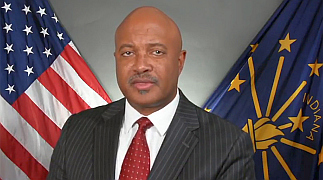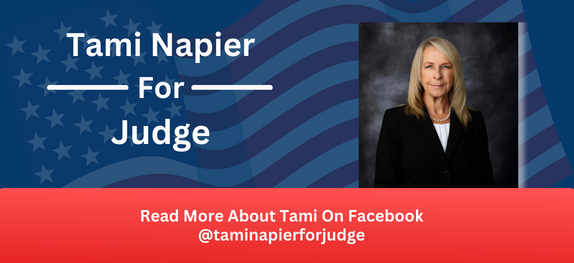 States have the rightful authority to deny abortion clinics the status of being Medicaid providers, Attorney General Curtis Hill said today, and the U.S. Supreme Court should overturn lower-court precedents holding otherwise.
States have the rightful authority to deny abortion clinics the status of being Medicaid providers, Attorney General Curtis Hill said today, and the U.S. Supreme Court should overturn lower-court precedents holding otherwise.
Citing the federal Medicaid Act, the Fourth Circuit U.S. Court of Appeals recently prohibited South Carolina from terminating a Medicaid provider agreement with Planned Parenthood. Attorney General Hill is co-leading a 19-state brief asking the Supreme Court to review that decision.
“The Medicaid Act merely sets forth conditions under which states may receive Medicaid reimbursement from the federal government,” Attorney General Hill said. “This legislation was never intended to restrict the authority of states to manage their own Medicaid programs. It was never meant to establish enforceable rights among abortion providers and women obtaining abortions.”
Nearly a decade ago, the Indiana General Assembly passed a law that abortion providers could not be Medicaid providers. Federal courts invalidated that statute under the Medicaid Act, and the U.S. Supreme Court declined to review the case. In the years since then, however, several Supreme Court justices have acknowledged inconsistencies in lower-court precedents involving this issue.
The brief filed by Indiana and the other states asks the Supreme Court to bring clarity to whether abortion providers such as Planned Parenthood may sue states to be deemed qualified Medicaid providers.
“The Medicaid Act is not a civil-rights statute imposing duties and restraints on States with respect to healthcare financing,” the brief states. “Rather, it creates a program that States may use to finance their own healthcare benefits for the poor and disabled. . . . States have substantial discretion to design and administer their Medicaid programs within broad federal guidelines.”
The U.S. Supreme Court should affirm that Medicaid providers and beneficiaries are not the rightful enforcers of federal Medicaid rules, the brief further states. Rather, that responsibility falls to the U.S. Secretary of Health and Human Services.
“That sort of executive judgment, made by an official appointed and removable by the President, and subject to judicial review at the State’s request, is critical to the proper functioning of Medicaid,” the brief states. “The Secretary may adjust the funding spigot (gradually if so desired), but in all events the law permits a State to do as it sees fit. In contrast, a federal court in a lawsuit like this may only issue an injunction that upsets the federal-state tradeoffs put in place by politically accountable officials.














